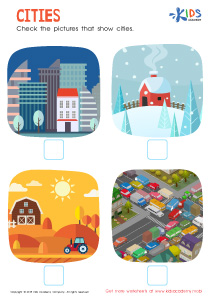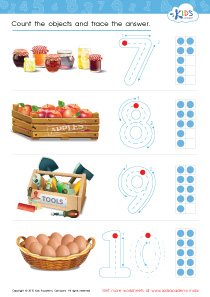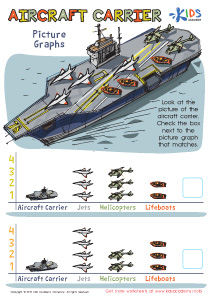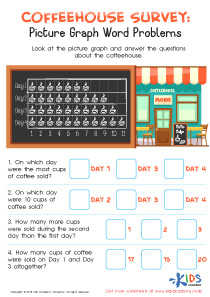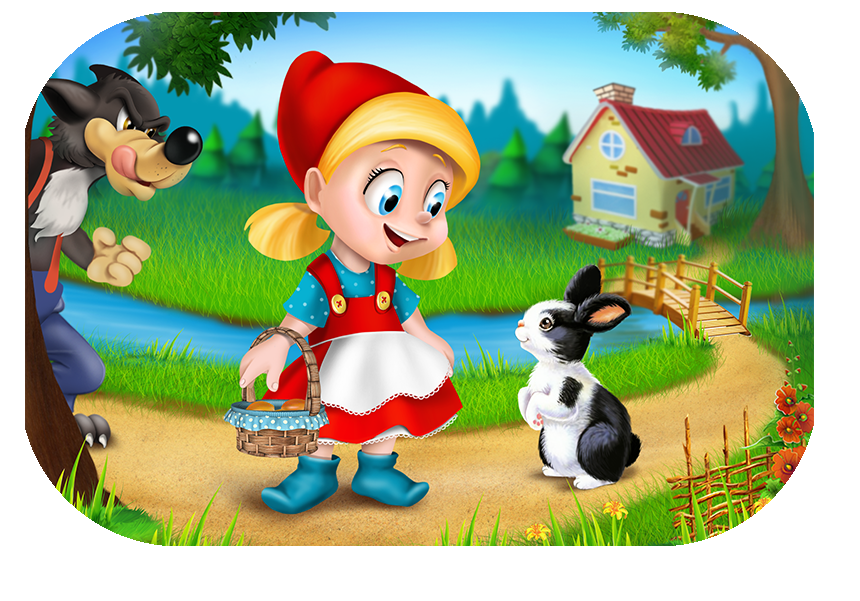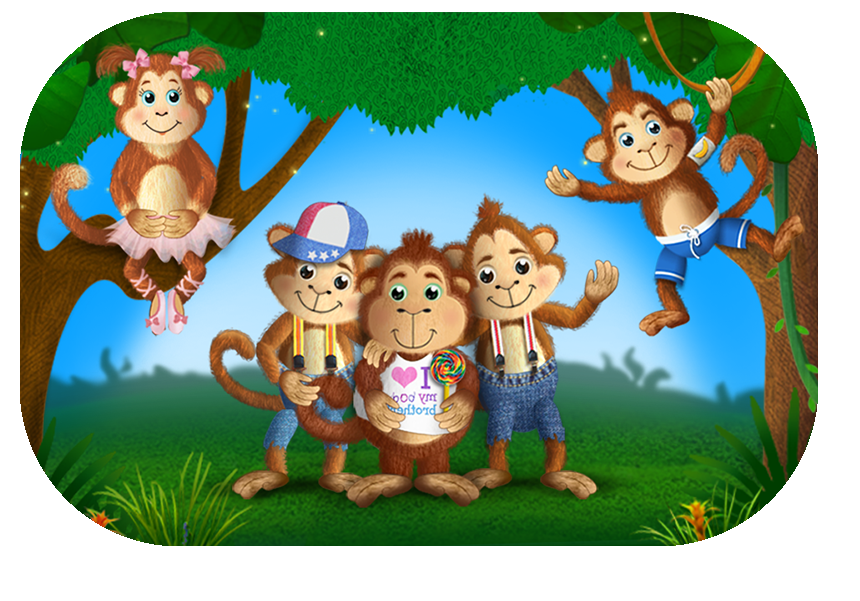English Language Arts Lessons | Discuss Stories Read Aloud for Ages 3-4
1 results
Dive into the enchanting world of our "Discuss Stories Read Aloud for Ages 3-4" series, where every lesson is a magical journey designed to captivate the young minds of preschoolers. This unique program combines interactive worksheets, educational videos, and assessment quizzes to bring stories to life, fostering a love for reading and enhancing comprehension skills. Tailored specifically for children aged 3 to 4, our sessions encourage active participation and discussion, helping little learners to develop critical thinking and verbal expression. Join us as we explore delightful tales that spark imagination, build vocabulary, and create joyful learning experiences.
In the vibrant world of early childhood education, the introduction of "Discuss Stories Read Aloud for Ages 3-4" stands out as a beacon of creativity and learning. This innovative approach to storytelling is not just about reading books aloud; it’s an immersive experience designed to engage young minds in a way that nurtures their cognitive and emotional development. The lessons, enriched with interactive worksheets, educational videos, and assessment quizzes, offer a comprehensive learning experience that is both fun and educational.
Understanding the impact of storytelling on children of ages 3-4 is essential. At this pivotal age, children are at the peak of their imaginative powers. They are also beginning to develop their language skills, and their understanding of the world around them is expanding at an astonishing rate. "Discuss Stories Read Aloud for Ages 3-4" taps into this natural curiosity and eagerness to learn by transforming storytelling into an interactive journey.
The bespoke interactive worksheets that accompany each story are specifically designed to reinforce the themes and lessons contained within the narratives. These worksheets serve not only to enhance comprehension skills but also to develop fine motor skills as children engage in activities such as tracing, matching, and drawing. This hands-on approach to learning ensures that the stories read aloud transcend the boundaries of mere listening and become a multi-sensory experience.
In addition to worksheets, the inclusion of educational videos in the curriculum adds another layer of engagement. These videos, tailored to complement the stories, provide visual and auditory stimuli that help to cement the concepts and values being taught. Whether it's a lesson on kindness, friendship, or courage, the videos bring these abstract ideas to life in a way that is accessible and relatable for young learners.
Assessment quizzes, though a more conventional educational tool, are cleverly integrated into the program in a manner that feels more like play than a test. These quizzes serve a dual purpose: they reinforce learning by requiring children to recall and apply what they have learned, and they provide valuable feedback to educators and parents about the child's comprehension and retention. This feedback loop is crucial for adapting teaching strategies to meet each child's individual needs and learning pace.

